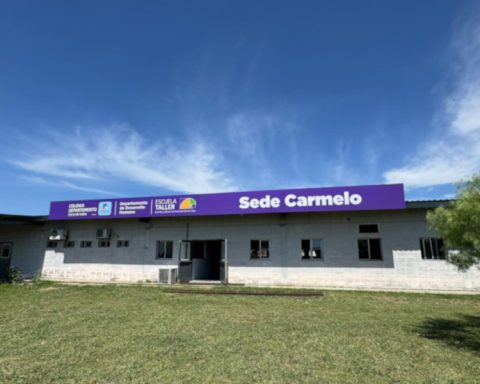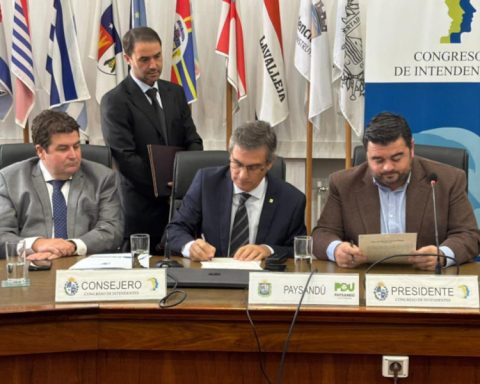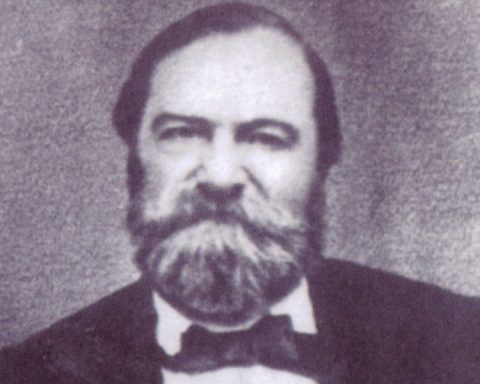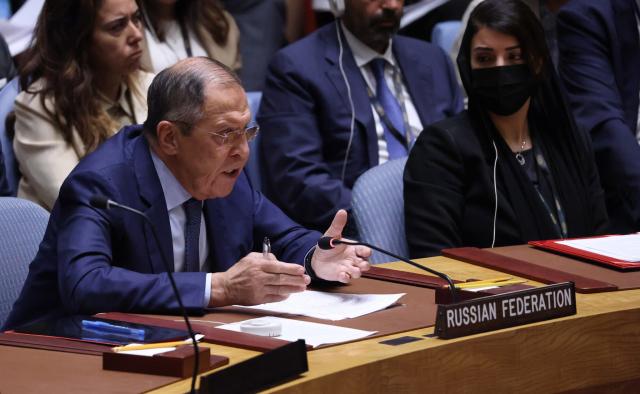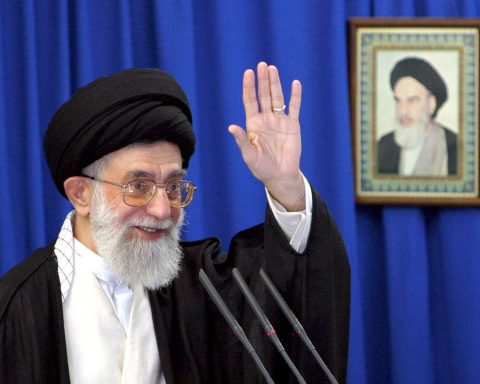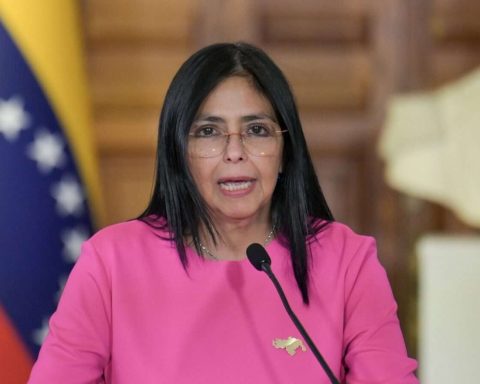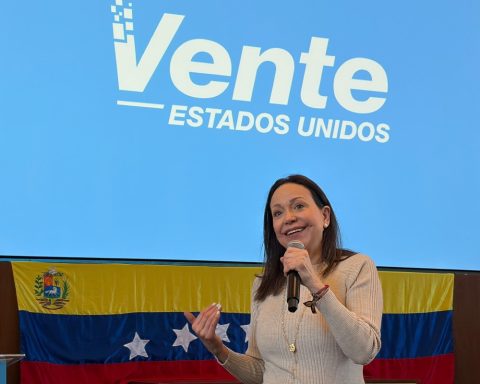The young Argentine Tomás Giovanetti put aside his aspiration to be a professional tennis player to become a reference in video games, by creating a new business model that includes them as communication channels in organizations.
Before tech companies began scrambling to recruit talent, Giovanetti saw an opportunity in how to reach that generation that glances sideways at PowerPoint slides. Her answer was found in her hobby.
After creating the first video game in the world dedicated to combating bullying, the former tennis player opted to bring joysticks to meeting rooms.
This is how TGA was born, a company that in the last two years grew at rates of between 150% and 200% and that already has projects in several countries, including Uruguay. “We hope to get closer in the short term,” said the young businessman who plans to reside in a short time on this side of the Río de la Plata.
Tomas Giovanetti will be one of the speakers who will speak at the Innovation and New Business summit of El Observador Eventos that will be held on October 11. Below is a summary of the interview he had with Coffee & Business.
How was TGA born?
TGA was born with me at 16, today I am 23. It was as a result of my failed attempt at tennis. I competed for a long time, I traveled, I got to be in position 30 in the ranking in Argentina and the reality is that at that age I began to get tired of the sport. I decided to leave it and TGA arises from all the free time that I had. When my friends went to parties and bowling alleys, I had a quieter and more solitary life as a tennis player and on top of that I was very restricted in these aspects, so I spent all my time playing. I was always a huge fan of video games as a consumer. I went through many schools and as my sports dedication increased, my academic dedication decreased. I had less and less time to dedicate to academics, and in all the schools I went to I realized that there was a common denominator: boys suffering from bullying. At that time I asked myself what happens if I use video games for what they really are, incredible communication bridges to transmit content. And so I launched “You Deserve” (you deserve it, in Spanish), the first videogame against bullying on a global level.
In short, he went from being a consumer to the creator of a video game…
Totally. It was a very fun process because I was still in my last year of school and I was still trying to be a professional tennis player, that is, my time was very limited. At that time I remember that I managed to find a person named Jordi Sánchez, a Spanish youtuber. I told him my idea of developing a video game that not only serves to entertain, but also to educate and change behaviors, Jordi was the first interested in accompanying me and with him we were able to develop a multidisciplinary team. He was a kind of mentor to me and we developed this project to raise awareness about why bullying was wrong.
Video games are often blamed for promoting violence. Has You Deserve shown that positive behaviors can be encouraged?
One of the things that I always try to communicate and evangelize is that there is no need to demonize video games. I hear the media say that there was a shooting in the United States and say that it is because of video games. There are parents who challenge their children because they spend hours playing video games and that theoretically impacts attention and generates greater deficits, and that’s a lie. Games are great sources of communication, obviously as much as in books or in movies, what adults should do is encourage young people to make a correct choice of video games, but by choosing the video game correctly you can learn a lot and they are not only for boys. The average age of a gamer today is 34 years old, a guy already inserted into society, who works and has a normal life.
How do you see the development of gaming in Latin America?
It is a topic that is growing enormously both as a niche and within the market. We do not develop normal video games today, but we develop video games for training or marketing purposes to train company personnel or to train a consumer about something. We work on topics such as recruitment on boarding (induction), cybersecurity, sales, industrial security; lots of themes. What we see is that after the pandemic there was a radical change in the perception of people and businessmen, human resources and marketing departments, they began to use video games for what they are, a spectacular communication tool.
How is the video game introduced within organizations? Was it an original idea from TGA or did you already see it internationally?
I am not telling you that we are inventing it because gamification – the gamification of a process – has existed for a long time, but without the use of video games. We are pioneers in using them for certain processes such as recruitment or sales, even cybersecurity, it is something that we are developing and when you look at the benchmark of potential competitors, there are not many in Latin America or globally. The opportunity is very great. We have operations in Argentina, some in Uruguay, we have some projects in Paraguay, Chile, Mexico and Spain. We want to be a talent incubator that develops corporate video games from Latin America to the world.
How can the introduction of video games impact companies?
In what is training we have a great case for what is, for example, recruitment and onboarding. One of the big problems for companies today is recruiting young talent and then giving them the correct induction so that the person feels that they are entering a digital company. All companies today are talking about digitization, about being more and more friendly to the new generations and it would be very rare for the new generation to choose to work in an archaic company where one enters and the selection process is from 100 years ago and when enter a company they give you training courses for hours with PowerPoint. That no longer exists, that’s why we work on everything that is recruitment and selection. We also do it in cybersecurity prevention and the most important thing is that games, in addition to communication, is data, games generate a lot of types of information, mainly data on how a person behaves within the game to analyze it and be able to predict profiles by means of people doing something they like and that is having fun.
In this period of digital transformation, how much did TGA grow?
We are growing at rates between 150% and 200% per year. Unlike other startups, until last year we never raised capital and we are a company that has been around for six years. We chose a growth strategy linked to the development of our operations, we are committed to growing a little slower, but at a steady pace, which is what we are doing today We have operations in six countries with more than 40 clients and we are in a process of allocating capital between family & friends (raising capital between family and friends) and we hope next year to go to a Series A investment but being more robust.
Do you have operations in Uruguay?
Some projects. We do not have a legal establishment in Uruguay, but we have some other project, but it is in our short-term plans to get closer and personally I have the vision in the short term to be living there.
Do you imagine gaming as an instrument, let’s say, 100% included in the DNA of organizations in the future?
Definitely. I don’t want to say that it comes to replace e-learning, but it does complement and make existing processes much easier. If there is something that we all or the vast majority like, it is to play, have fun and have a good time. If one can in some way promote learning, improve learning ratios and learning rates through doing something that we all like, which is, I think it will have a very big impact and that it will be seen in any subject that involves learning within the organization or even within a society, why not? We are working with different governments on issues such as the carbon footprint, such as sedentary lifestyle. It serves not only to communicate, but to evaluate information and to motivate behavior changes and the younger the generations, the greater the impact it has.


